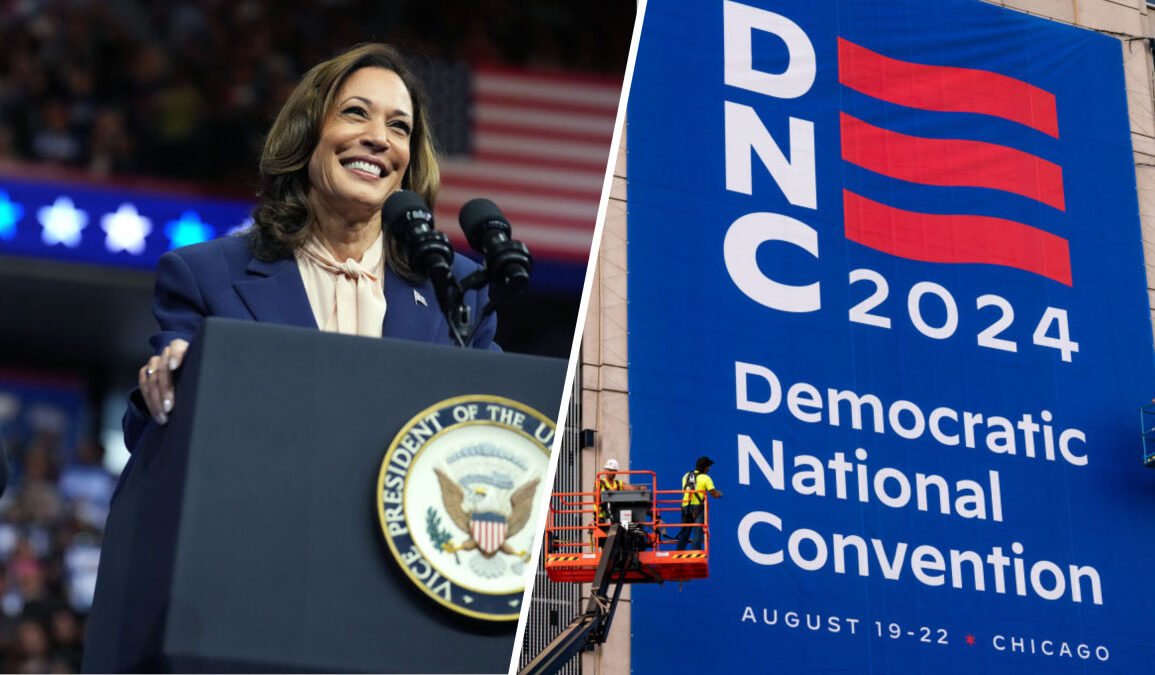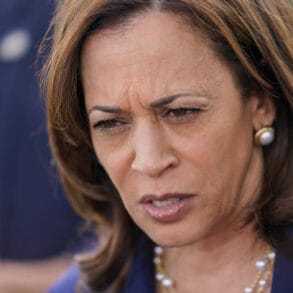Vice President Harris recently unveiled her economic plan, which has been criticized for being overly idealistic and impractical, bordering on a cynical attempt to sway voters. Rather than being a viable strategy, the plan appears more like a political campaign tactic, filled with promises that are difficult to implement and could lead to detrimental consequences if they were.
This approach is reflective of far-left ideologies, such as those championed by figures like Bernie Sanders. The proposal seems designed more to appeal to progressive elites than to address the realities of the economy. Critics argue it’s focused on expanding government control, with little regard for its actual impact on citizens.
Major media outlets, including the Wall Street Journal, have criticized the proposal, with the Washington Post describing it as nothing more than a “gimmick.” President Obama’s former top economic advisor also weighed in, suggesting that the plan could worsen inflation and significantly increase the federal budget deficit and national debt.
Harris’ plan asserts that corporate price gouging is responsible for rising costs, but this has been widely dismissed by economists as a misrepresentation of the real issues at play, such as excessive government spending. Government-imposed price controls, a feature of the plan, have historically failed, as seen during Nixon’s administration, when similar efforts resulted in shortages and inflationary pressure.
Another controversial aspect of the plan is the proposed increase to the minimum wage. While it aims to benefit workers, history has shown that such increases often lead to job losses and price hikes. For example, the recent minimum wage hikes in California under Governor Gavin Newsom have been met with economic challenges.
Harris also adopted Trump’s idea of eliminating taxes on tips. However, this idea has been criticized, both when Trump proposed it and now, as being economically unsound.
Many have compared Harris’ plan to socialist central planning, drawing parallels to Bernie Sanders’ endorsement of the proposal. This comparison reflects growing concerns about the potential for harmful, far-left economic policies that could undermine free market capitalism, which has been the foundation of America’s economic success.
The U.S. is already feeling the strain of excessive taxation, inflation, and the erosion of markets, and critics worry that Harris’ plan could accelerate these issues. The failures of socialist and communist economic models serve as cautionary tales, but Harris’ policies suggest a desire to pursue similar paths.
Harris’ recent revelations about her economic policies are seen by many as an attempt to deceive voters, offering solutions that are more style than substance. Her plan, according to critics, is an economic misstep that should be rejected outright.
Harris’ economic agenda raises significant concerns about the future of free market capitalism in America. Many believe the nation cannot afford to embrace these radical policies.








